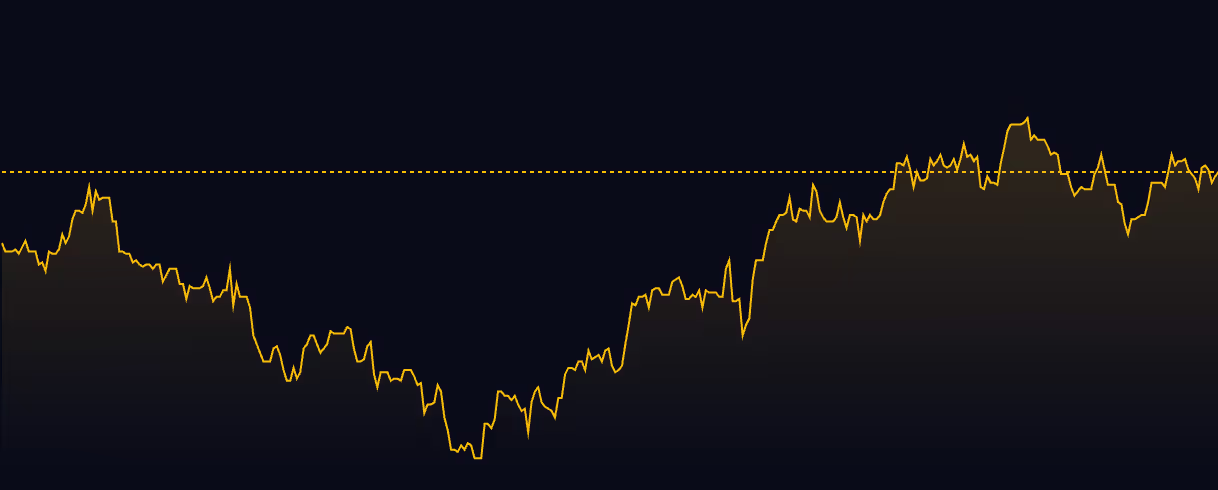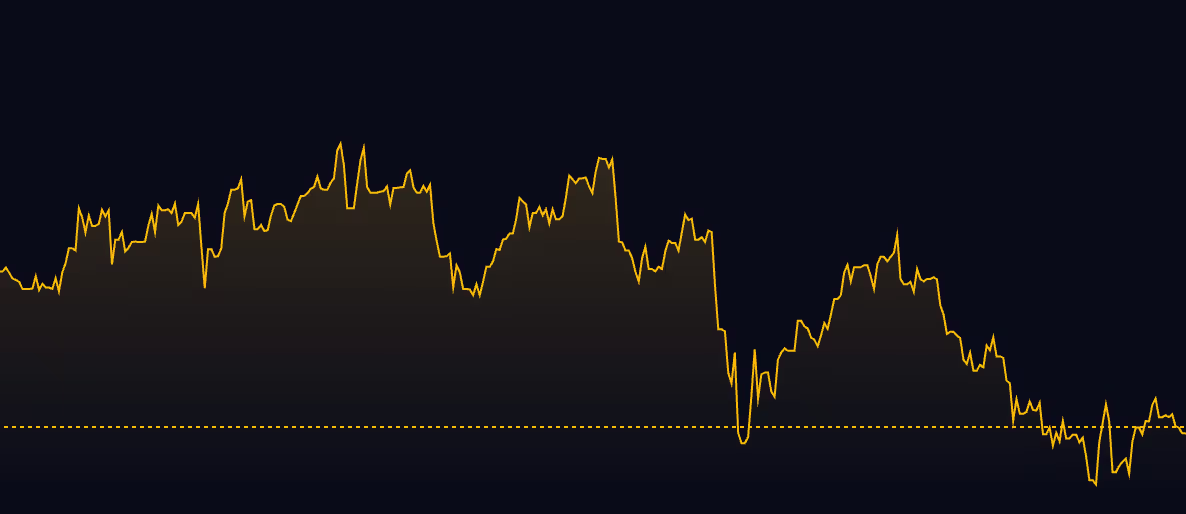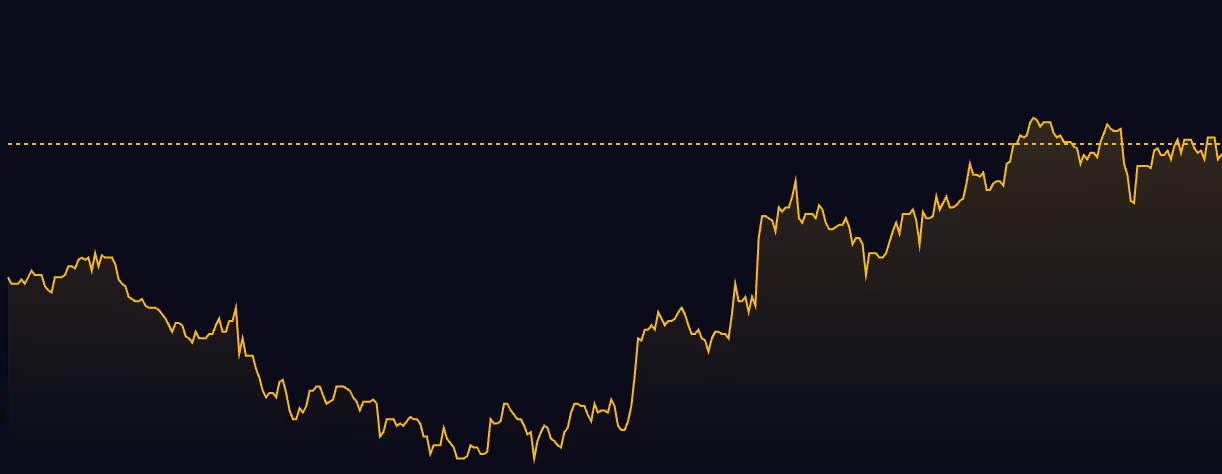When is the Spring Statement?
The next Spring Statement will delivered on approximately Thursday, 26th March, 2026.
The Spring Statement is a financial update delivered by the UK Chancellor of the Exchequer, usually in March each year. It is one of the key events in the UK government's fiscal calendar, alongside the main Autumn Budget.
What is the Spring Statement?
The annual Spring Statement is a fiscal strategy update from the government, usually delivered in March each year.
Since 2017, the government shifted the main fiscal event to the autumn, making the Spring Statement primarily a supplementary update, though significant measures can still be introduced if needed.
For the most up-to-date information, please visit gov.uk.
What does the Spring Statement include?
- Updated economic forecasts: The Office for Budget Responsibility (OBR) provides fresh fiscal forecasts on the UK's economy, including GDP growth, inflation, borrowing, and debt levels.
- Public finances update: It offers a current snapshot of just how government revenues and spending are performing in comparison to previous projections.
- Policy announcements: While the Spring Statement is traditionally lighter than the Autumn Budget, it may include new measures, consultations, or smaller tax and spending adjustments.
- Review of economic progress: The Chancellor often uses it as an opportunity to provide reports explaining any progress on active policies and initiatives announced in previous budgets/ statements.
The statement helps Parliament, businesses, and the public stay informed and up-to-date on the current state of the UK economy, as well as the government's current fiscal strategy. It's contents can influence public spending, planning surrounding public services, and overall market conditions.
What was in the Spring Statement 2025?
Chancellor Rachel Reeves delivered the Spring Statement 2025 on 26 March 2025, outlining several key fiscal measures and economic forecasts:
Welfare reforms and public spending
- Welfare cuts: The government announced £4.8 billion in welfare spending reductions by 2029-30, primarily affecting health-related benefits. These cuts are projected to increase relative poverty for 250,000 people, including 50,000 children.1
- Departmental spending: Day-to-day departmental spending will be reduced by £3.6 billion, with specific areas of reduction yet to be detailed.2
Defence and capital investment
- Defence spending: An increase of £6.4 billion in defence spending is planned by 2027, funded by cuts to overseas aid. This aligns with the government's commitment to allocate 2.5% of GDP to defence from April 2027.3
- Capital investment: An additional £2 billion annually will be directed towards capital projects, including infrastructure and housing, aiming to boost economic growth.4
Economic forecasts
- Growth projections: The Office for Budget Responsibility (OBR) forecasts 1% economic growth in 2025, increasing to 1.9% by 2026.2
- Inflation: Inflation is projected to be 3.2% in 2025.2
- Public finances: The budget is expected to move from a deficit of £36.1 billion in 2025-26 to a surplus of £9.9 billion by 2029-30.5
Other notable announcements
- Tax compliance: Measures to improve tax compliance are anticipated to generate an additional £2.2 billion in revenue.2
- Planning reforms: The government aims to boost housebuilding to 305,000 homes per year by 2029 through planning reforms.2
What time was the Spring Statement 2025?
Chancellor Rachel Reeves delivered the Spring Statement 2025 to Parliament on Wednesday, 26 March 2025, at approximately 12:30 UTC, following the Prime Minister's Questions.
Is there going to be a Spring Budget in 2025?
Chancellor Rachel Reeves has committed to holding only one major fiscal event per year (specifically the Autumn Budget).
Therefore, there will not be a separate Spring Budget in 2025. Instead, the Chancellor delivered the Spring Statement (also known as the Spring Forecast) on Wednesday, 26 March 2025, where she updated Parliament on the current economic outlook for the UK, along with fiscal policies.
What does “Budget” mean?
In the context of the government, "Budgets" (such as the Autumn Budget) refers to an official statement where the Chancellor sets out how much the government plans to spend that year, how they will raise money, along with any borrowing plans.
A budget is important as it displays how the government in power intends to manage the country's finances, support economic growth, and fund public services, while also demonstrating how they intend to keep debt under control.
Was there a Budget in March 2025?
No, there was not be a full Budget in March 2025.
Instead, Chancellor Rachel Reeves delivered a Spring Statement (also called the Spring Forecast) on 26 March 2025. The next full Budget will be the Autumn Budget, expected in October or November, 2025.
Read more about the Autumn Budget here: When is the Autumn Budget?
Will ISA allowance increase in 2025?
Following the 2025 Spring Statement, the ISA allowance for the 2025/26 tax year remains at £20,000. This means individuals can continue to save or invest up to £20,000 annually across various ISA types, including Cash ISAs and Stocks & Shares ISAs, without paying tax on the returns.
In the Spring Statement delivered on 26 March 2025, Chancellor Rachel Reeves did not announce any immediate changes to ISA allowances. However, the government indicated plans to explore reforms aimed at achieving a better balance between cash and equity investments within ISAs.6 The objective is to enhance returns for savers, foster a stronger culture of retail investment, and support economic growth.7
While specific details and timelines for these potential reforms have not been provided, any adjustments to ISA rules are likely to be addressed in future fiscal events, such as the Autumn Budget. Therefore, for the current tax year, the ISA allowance remains unchanged.
This publication is intended for general information purposes only and should not be construed as financial, legal, tax, or other professional advice from Equals Money PLC or its subsidiaries and affiliates.
It is recommended to seek advice from a financial advisor, expert, or other professional. We do not make any representations, warranties, or guarantees, whether expressed or implied, regarding the accuracy, or completeness of the content in the publication.
Sources used for this article:
- House of Commons Library – Spring Budget 2025: Background briefing (PDF)
- Financial Times – Spring Statement 2025: Key economic and political insights
- Gov.uk – Spring Statement 2025: Chancellor’s speech
- Gov.uk – Spring Statement 2025: Full document
- Sky News – Spring Statement 2025: Key takeaways
- The Independent – Martin Lewis reacts to Spring Statement 2025 and Labour’s ISA policy
- The Guardian – Reform of cash ISAs is still on the agenda – quite right too (Nils Pratley)
Sources checked on 28/03/2025.




















